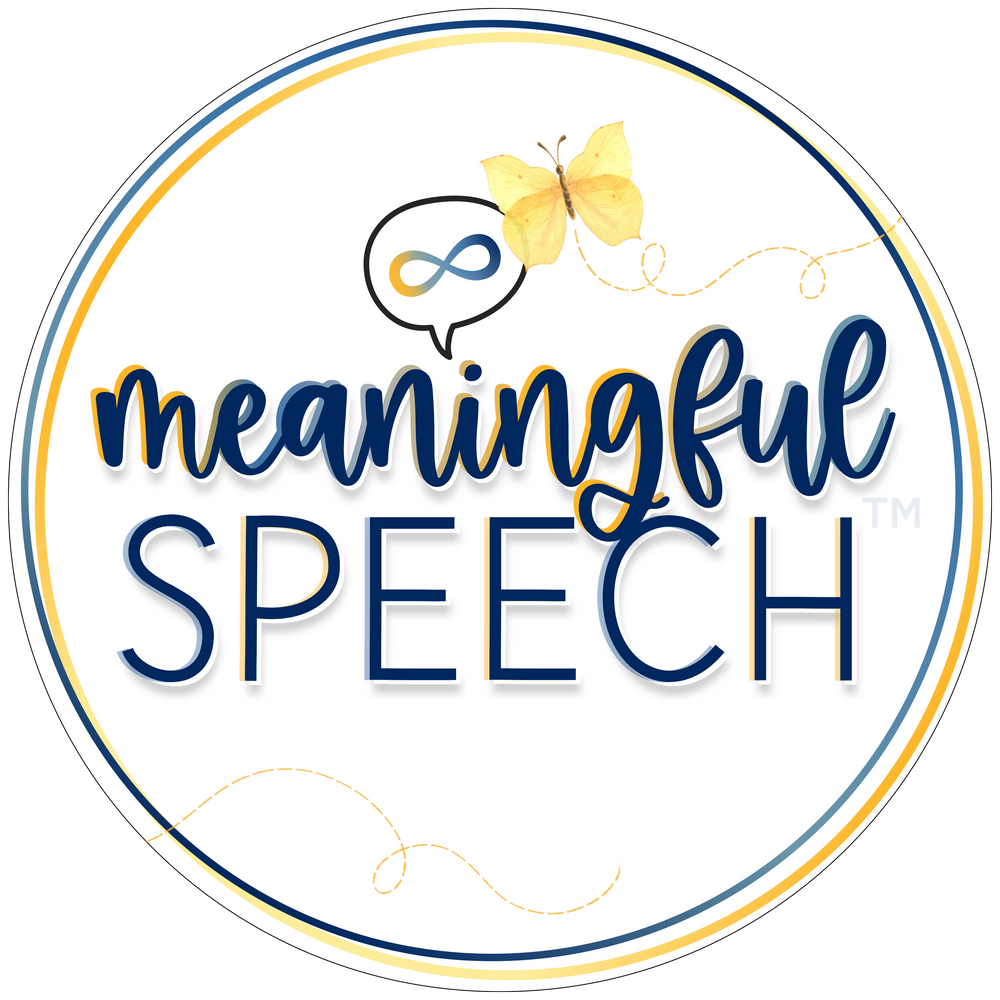What is gestalt thinking?
Aug 15, 2024
We've teamed up with speech-language pathologist, Rachel Dorsey, who is the instructor of our newly updated bonus module in our original course on Gestalt Thinking/Processing to discuss what gestalt thinking is and give you tips on how you can best support gestalt thinkers.
What is Gestalt Thinking?
Gestalt thinking/processing is a cognitive mode in which experiences are held as meaningful data points. This may or may not involve language. The experience is what matters. Within that experience someone that processes this way may take in many elements from that experience, a few or one. The more sensory/emotionally robust the experience, the more robust the gestalt that is imprinted.
Let's look at an example...
A child loves going to the park with their dad. They love the windy weather, the woosh of the swing, and the feel of digging in holes. It is both a relaxing and exciting experience. One day at the park they accidentally step on a frog, which goes squoosh-splat and evokes feelings of disgust and guilt. A child who is processing this experience as a gestalt, as a meaningful data point regarding park experiences, is likely to now become hesitant to go to the park. They might internalize that the park can be a place of joy, but it can also be a place of horror.
Sometimes gestalts of all sorts can get stuck. The feeling of the gestalt is stuck. Our recommendation is to replace the feeling of the stuck gestalt with a new one (but in a fun, chill, or creative way) Using the example from above, we would suggest replacing feelings of “squoosh-splat”, disgust, and fear with feelings of compassion and pride by helping the child build a “frog playground” and make signs to put up around the park warning others not to step on frogs.
Want to learn more about Gestalt Thinking?
You can learn more about Gestalt Thinking and what you can do to support your client/student or child in Rachel Dorsey’s new and updated bonus module! You can find it in our original Meaningful Speech course under “Bonus Modules”! If you’re already in the course it’s there for you now. If you’re thinking of joining us, take advantage of the SALE this week and get 20% off everything with the code “BIRTHDAYSALE” at checkout- all products, bundles and courses through 8/16/24. The coupon is only valid on full-priced products, not payment plans.
Want to learn more in-depth information about how to support gestalt language processors?
- There are many free podcasts, webinars and articles to get you started. A comprehensive list of resources can also be found on our website. We just released a new FREE masterclass on echolalia and child-led therapy that is perfect for anyone starting their learning journey or on the fence about purchasing our courses!
- Consider taking the Meaningful Speech course to learn more about how your child or client processes language, how you can help support them from echolalia to self-generated (original flexible) language, child-led therapy, and neurodiversity-affirming practices. Looking for something shorter? We have a 1-hour introductory course perfect for extended family, daycare or school staff.
- Consider taking our AAC + Gestalt Language Processing course. It will teach you how to identify, evaluate and support gestalt language processors who use AAC or who you think might benefit from AAC.
- Look for a speech-language pathologist (SLP) who "gets it" and can help you in supporting your child's language development. Check out our registry for SLPs who understand gestalt language processing and child-led therapy.
- Are you a school-based or private practice clinician looking for intake forms for new clients/students or creative visual reminder posters for your space? Check out the Meaningful Speech Marketplace.
- Want to learn more about starting a niche private practice? Watch our 1-hour webinar on starting a niche private practice hosted by Alex Zachos and Jess Teixeira from the Meaningful Speech team HERE.
